Child protection
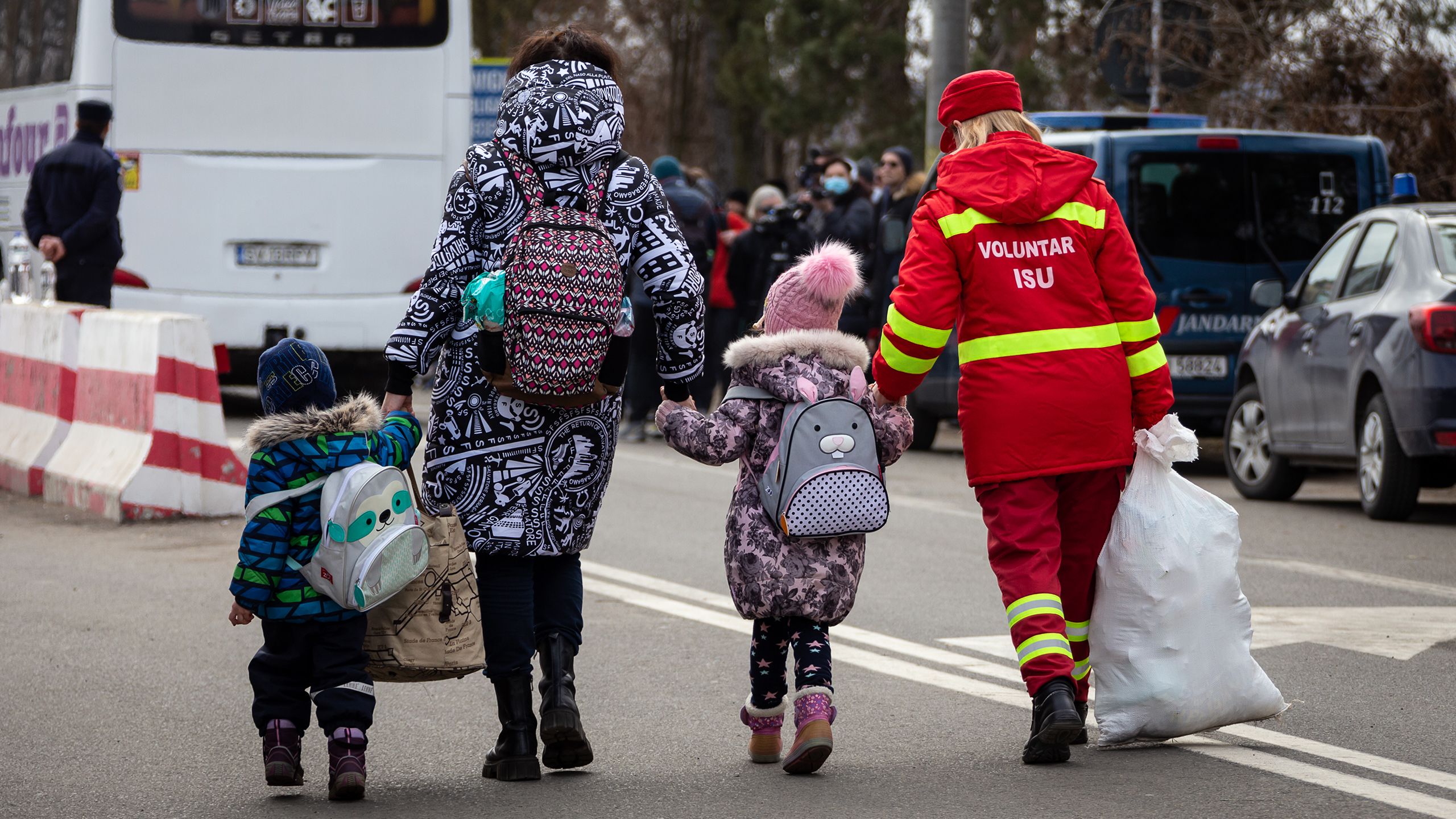
The digital environment offers children many opportunities, such as learning and friendship, but also comes with risks like harmful content, harassment, bullying, sexual abuse and exploitation. In 2022, the EU adopted its updated strategy on child rights online, A Digital Decade for children and youth: the new European strategy for a better internet for kids (BIK+). It aims to ensure children are protected, empowered, respected and have a say online. To support this, the EU adopted the Digital Services Act (DSA), which contains new safeguards, for example, barring platforms from showing adverts based on profiling to children.
In 2023, preventing and combatting child sexual abuse was the topic of a debated draft regulation in the EU. Child sexual abuse and exploitation online has been recognised as a crime trend and a high threat that continues to increase.
Europe is a ‘global hub’ of child sexual abuse material (CSAM) and the EU is attempting to address this through the Strategy for a more effective fight against child sexual abuse, published in 2020, and the European Commission proposal for a regulation laying down rules to prevent and combat child sexual abuse (EU CSA regulation), which was debated in the EU throughout 2023.
Advocacy
...by Save the Children EUROPE
In the latter half of 2023, Save the Children Europe began coordinating the advocacy of Save the Children in Europe on child safety and child rights online, forming a new working group on the topic. The working group monitored the progress of the draft EU CSA regulation, identified the best ways of working together and supporting its members, as well as strengthening ties with other actors in the advocacy field.
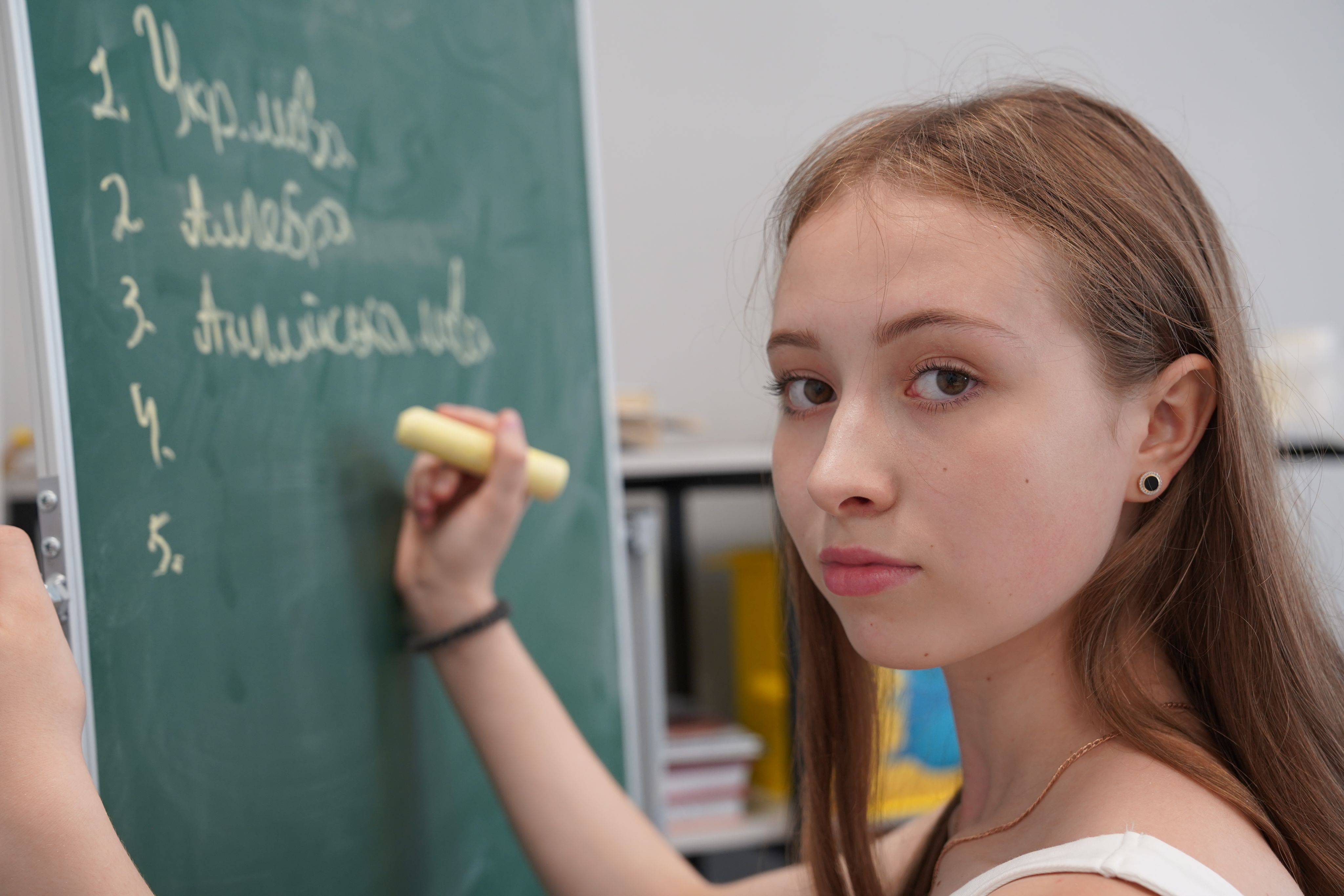
...and country by country
ALBANIA
Save the Children and UNICEF provided technical input to the 2020-2022 report on the National Action Plan for deinstitutionalisation reform (De-I) in Albania. We advised on implemented actions as well as recommendations on future actions needed from the central and governmental authorities. We've been involved in all periodical meetings of the National Council and Technical Working Group on De-I, where related to transformation of existing residential care services into community-based services and other alternative care.
The development of the new National Strategy on Social Protection 2024–2030 also started this year. The Ministry of Health (MoHSP) in-depth needs assessment covers three main pillars: the Economic Assistance and Disability Payment Scheme, Social Care Services and Disability Assessment Reform. Save the Children has provided input and insights throughout the process, highlighting the need for extended local care services for children.
Digital tools have significantly improved the knowledge and understanding of healthy lifestyle habits among children in Albania, particularly through Digital Health Competitions, which teach through entertainment, for example using gamification techniques. The Knowledge Portal which is regularly updated with new health-related content, has emerged as an indispensable tool for teachers, school staff, health promotion specialists, school children, parents and others.
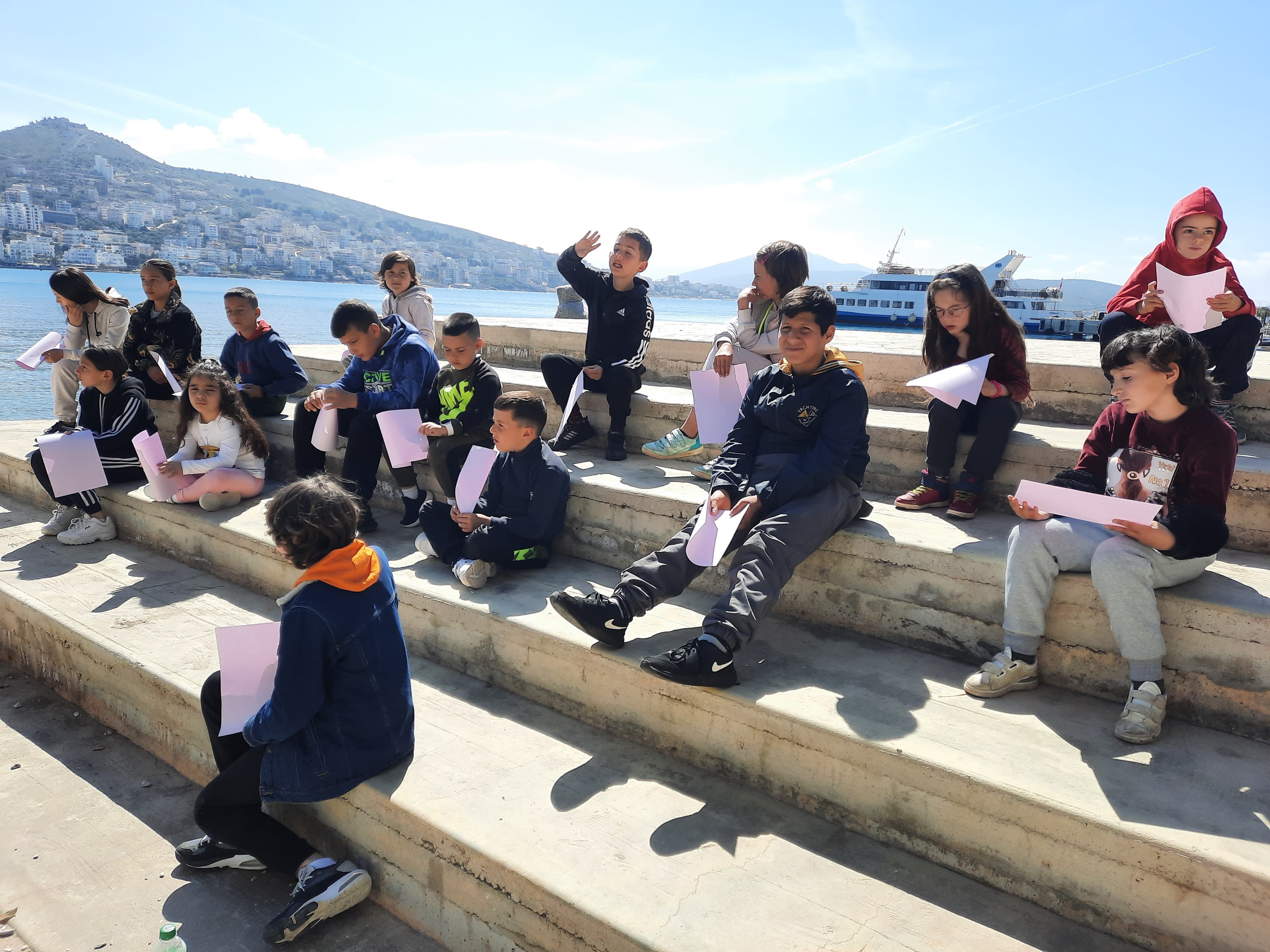
Photo: Save the Children Albania
Photo: Save the Children Albania
DENMARK
Successes for Save the Children Denmark this year include obtaining 3.5 years’ government funding for our existing helpline SletDet, which provides professional counselling for children experiencing online harm and abuse, and public funding for a helpline (counseling) and treatment for young people with sexual thoughts about other children.
After campaigning since 2020 to criminalise sextortion and grooming, we saw parliament unanimously approving the law in May.
We worked for a national action plan to combat violence against children, including a strong focus on psychological violence, and funds have now been set aside for a working group to identify which new initiatives are needed.
We also increased public awareness and political pressure to establish a working group for children’s mental health. The Danish government put one together in August and, in alliance with other organisations, we're now advocating for substantial political recommendations.
FINLAND
A focus of Save the Children Finland’s advocacy work this year has been the European Commission’s Regulation to prevent and combat child sexual abuse (CSAM Regulation). This has been significantly watered down throughout the drafting process. To counter this, we have met with MEPs in Brussels and decision-makers in Finland, addressed a letter to the Finnish Prime Minister and cooperated with international and domestic partners to promote a strong regulation that protects children.
ITALY
The DATE project tackling online gender violence was launched by Save the Children Italy to raise awareness of online teen dating violence among peers, adults and institutions. We released previously unpublished research on the phenomenon, developed policy asks around the training of professionals, and ran events in cities in where citizen groups are active.
As part of the Annual Report on the Implementation of the CRC in Italy, edited by the Working Group for the Convention on the Rights of the Child, we coordinated an update of the child pornography theme, contributing to a new National Plan for Children and Adolescents section as part of the work of the Observatory to combat Child Abuse and pornography.
We joined parliamentary hearings on cyberbullying and online child protection. And amendments to national legislation on orphans of femicide were adopted following our action – a new provision allows orphans of femicide to access funds without taking legal action against perpetrators and without prohibitive deadlines.
KOSOVO
Following our calls for secondary Law on Child Protection legislation, to ensure the best interests of the child in case management, Save the Children Kosovo’s advocacy led the government to fund three Barnahus in country. These child-friendly settings offer integrated services. Also, thanks to our close assessment and documentation of social service providers' needs, the newly appointed Minister of Justice committed to a 60% increase of financing for social services.
Save the Children Kosovo, in cooperation with the partner Syri i Vizionit, has provided technical and financial support to the Ministry of Education, Science, Technology and Innovation in the development of the Child Safeguarding Policy for preschool and pre-university education institutions. This policy marks a crucial step forward in strengthening child protection mechanisms, as it is the first policy of its kind within schools.
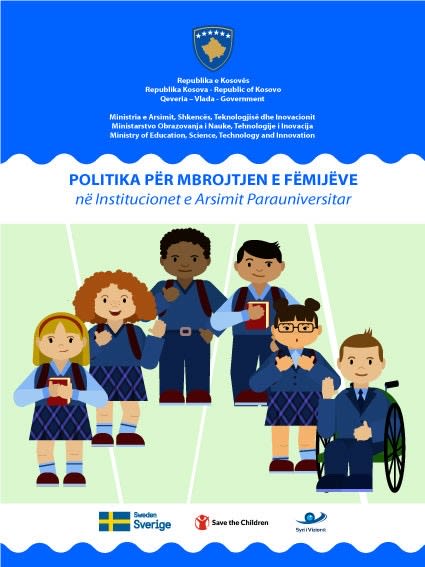
Photo: Save the Children Kosovo
Photo: Save the Children Kosovo
LITHUANIA
Save the Children Lithuania’s Migration and Displacement research, documenting the experiences of refugee and migrating children arriving in Europe, influenced decision-makers as well as informing programmatic approach this year.
Through a survey, focus groups and interviews, we highlighted challenges related to protection, mental health and wellbeing, access to education, integration and inclusion as well as their hopes and fears. As part of the project, through workshops for children and caregivers, interviews with teachers and staff who work with children, the messages and voices of the children showed how their needs might be better met in Lithuania.
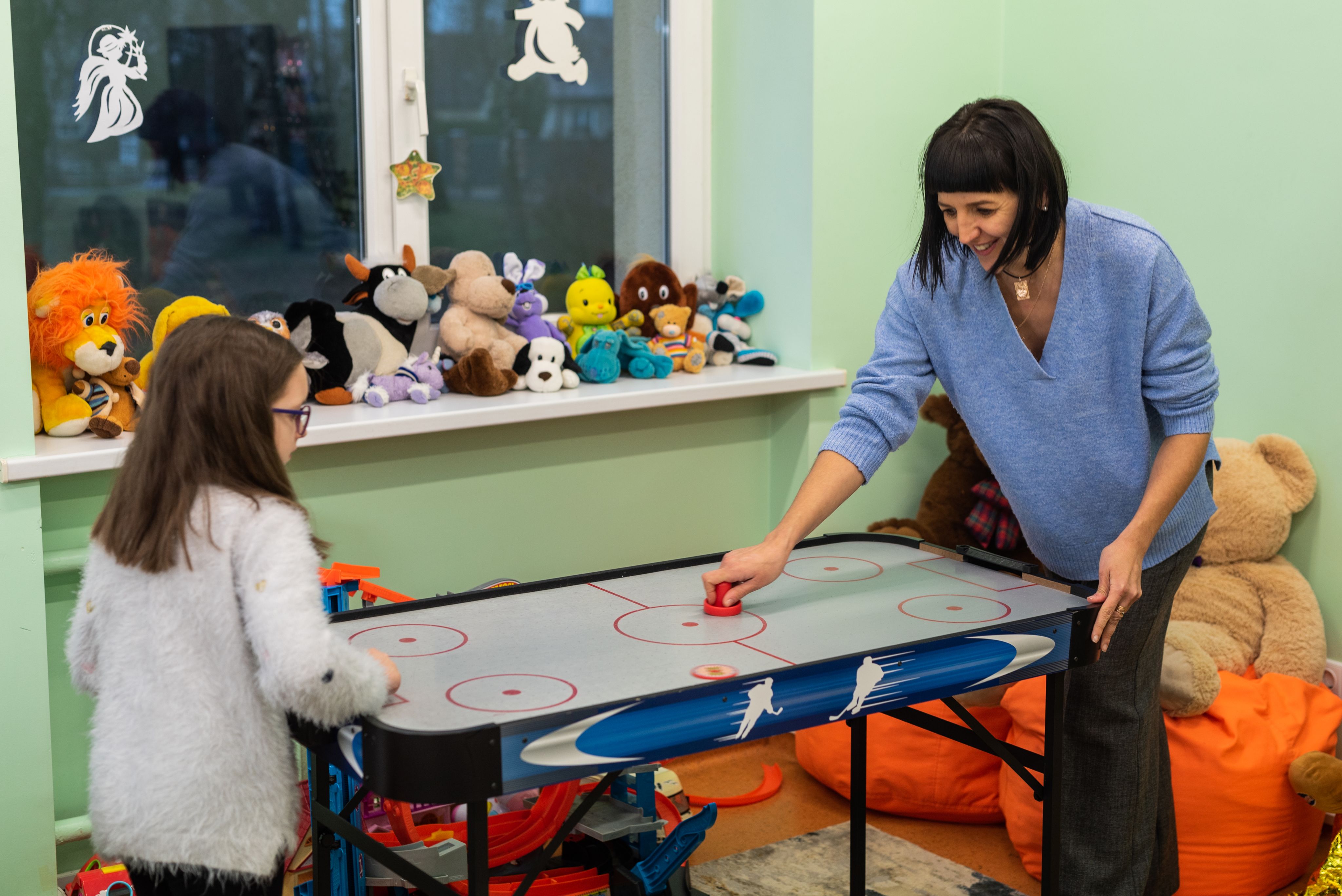
Photo: Save the Children Lithuania
Photo: Save the Children Lithuania
In August, we met with the First Lady in the Presidential Palace to discuss the wellbeing of Ukrainian children in Lithuania and our financial, psychological, social support and MHPSS programmes for Ukrainian children and their families.
And towards the end of the year, our Social Coffee Cup campaign - Mažame daug (meaning So much in such a little), implemented with the support of Lithuania’s largest oil product retailer, CircleK, promoted the importance of children’s emotional wellbeing.
North-West BALKANS
Six drop-in centres for children at risk supported by Save the Children NW Balkans in Bosnia and Herzegovina and Montenegro have all reached varying levels of self-sustainability this year. We worked together to secure funding from local (city, cantonal) budgets, and some are also officially part of the child protection system, as children at risk are being referred to the centres by Social Welfare Centres.
We've also been implementing the Healing and Education through the Arts (HEART) program in Una-Sana Canton in Bosnia and Herzegovina for the past five years, building the capacity of teachers to bring art-based learning and healing into schools for children who have experienced trauma. In 2023, HEART was put into the curriculum of the University of Bihać – Faculty of Pedagogy. It will become available as an elective subject in the 2024 academic year, ensuring sustainable future teacher training.
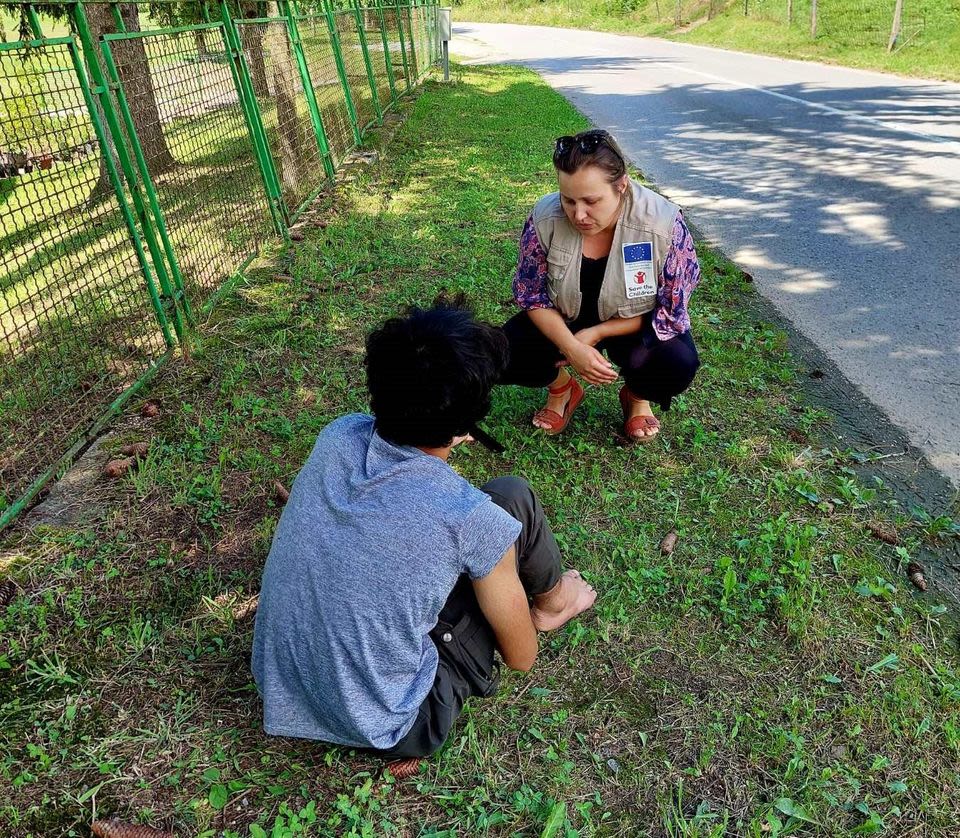
Photo: Save the Children North-West Balkans
Photo: Save the Children North-West Balkans
POLAND
Throughout the year, Save the Children Poland representatives joined various forums on the Mental Health of Ukrainian refugees, such as the World for Ukraine Summit in Rzeszów.
We presented our psychosocial support approaches (TeamUp and HEART) at the Regional conference of the directors of cultural/community centres in October. And we joined the US Ambassador for discussions at the US embassy on Ukrainian Youth Mental Health in November. These focused on our work in alternative care and detention centres as well as the benefits of including Social Emotional learning programs in school curricula.
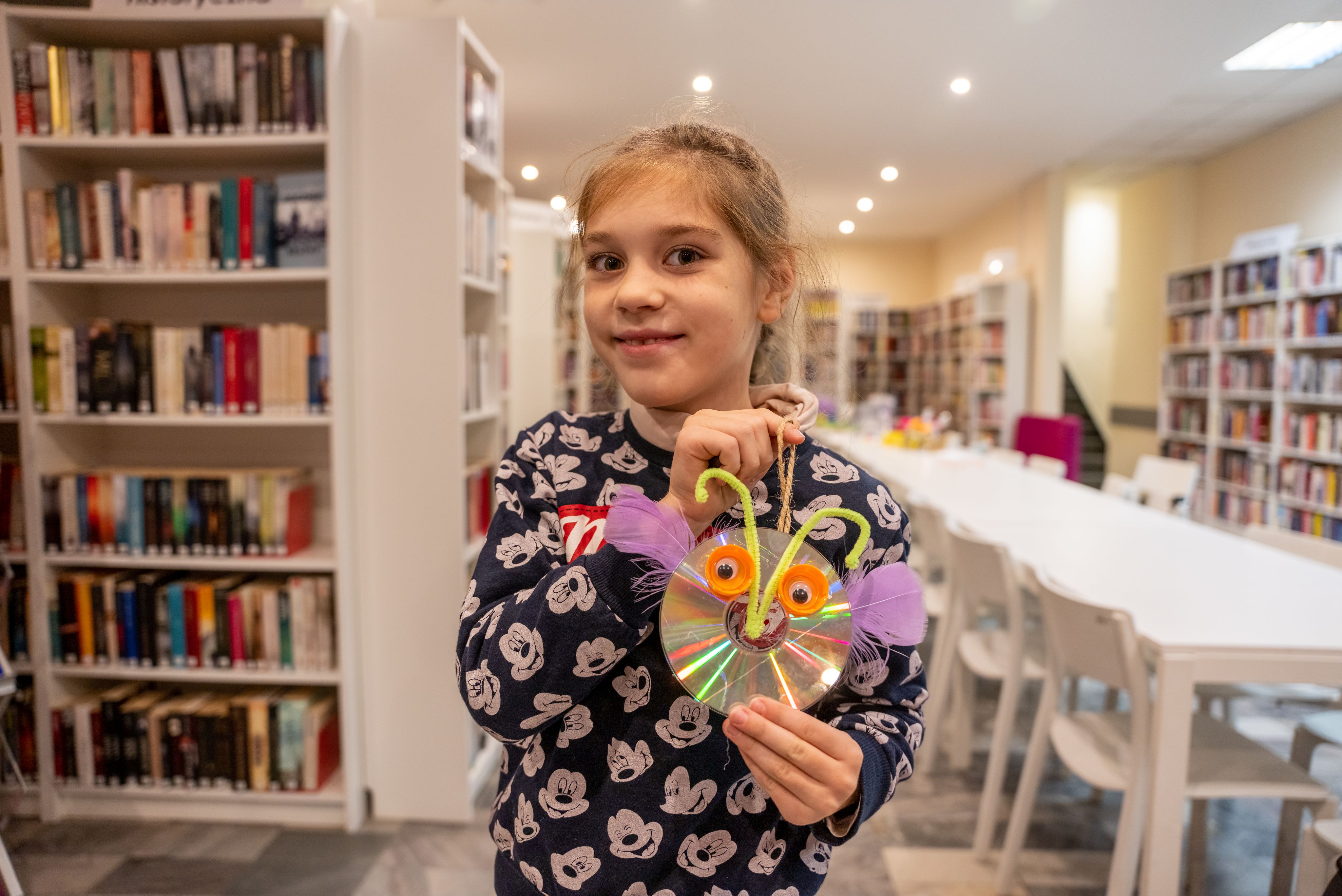
Photo: Paul Wu / Save the Children Poland
Photo: Paul Wu / Save the Children Poland
ROMANIA
Save the Children Romania’s development of the Barnahus project has led to the promotion of this integrated solution for the protection of children in judicial situations. The model was taken up by the Romanian Government and introduced as an essential objective in the Guarantee for Children National Strategy (Protected Children, Safe Romania, 2023-2027). This should see the creation of 9 Barnahus programmes by the end of 2027, from public and European funds.
At the Civil Society Gala awards, we won first prize for Defence of Individual Rights, and a special prize for Innovation, for the advocacy project No child abusers in elections’ The project aimed to amend election law, introducing the exemption of anyone who has committed certain unspent crimes against minors. The bill was not only adopted by Parliament but triggered further debate on the employment in public office of those sentenced for intentional crimes.
Romania is home to the highest number of underage mothers in Europe, representing about 50% of mothers under 15. Save the Children convinced the Romanian Parliament to introduce new Education Law to protect these young parents from stigma and discrimination, ensuring safe, inclusive learning environments to reduce school drop-out numbers.
At the Romanian Senate, we launched a new edition of the national study on the respect of children's rights in Romania. It revealed that half of the children in Romania want to leave the country, citing poor education and difficult living conditions. Our calls triggered a process started this year by the Romanian authorities.
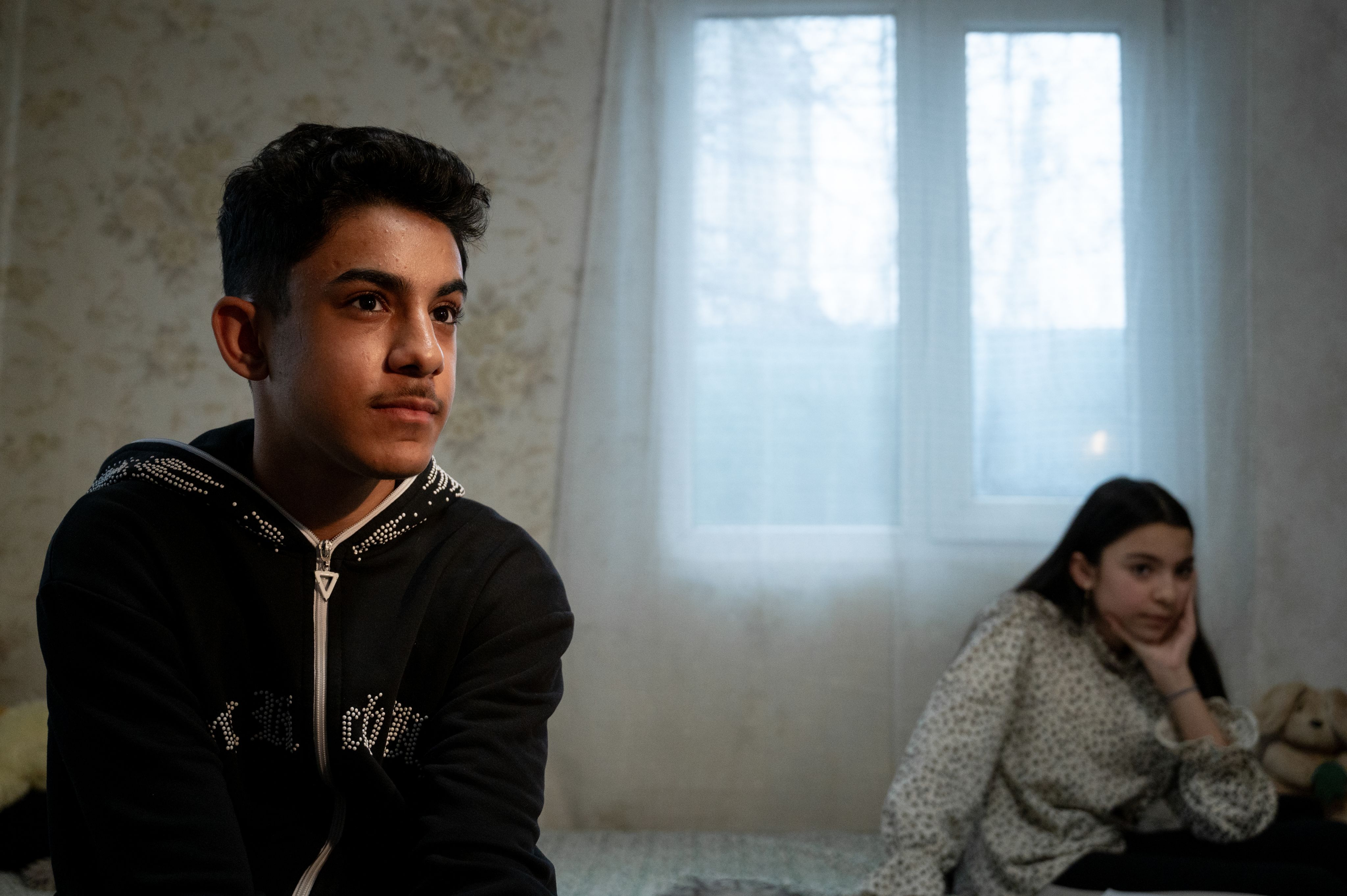
Photo: Save the Children Romania
Photo: Save the Children Romania
SPAIN
Save the Children Spain advocated for a new law for specialised justice in cases of violence against children this year. Sadly the interruption of government made the draft law fail.
We also worked to map specialised services countrywide to identify needs for the implementation of the Barnahus model. The mapping is a key part of the joint project of the European Union and the Council of Europe to strengthen child-friendly justice.
Training professionals in children’s rights has been another focus this year, and we reached workers in the protection system, social services, education, justice and more with knowledge on prevention, early detection, response and the Barnahus model.
We’ve also taken part in government talks about how key school meals are in guaranteeing vulnerable children’s rights.
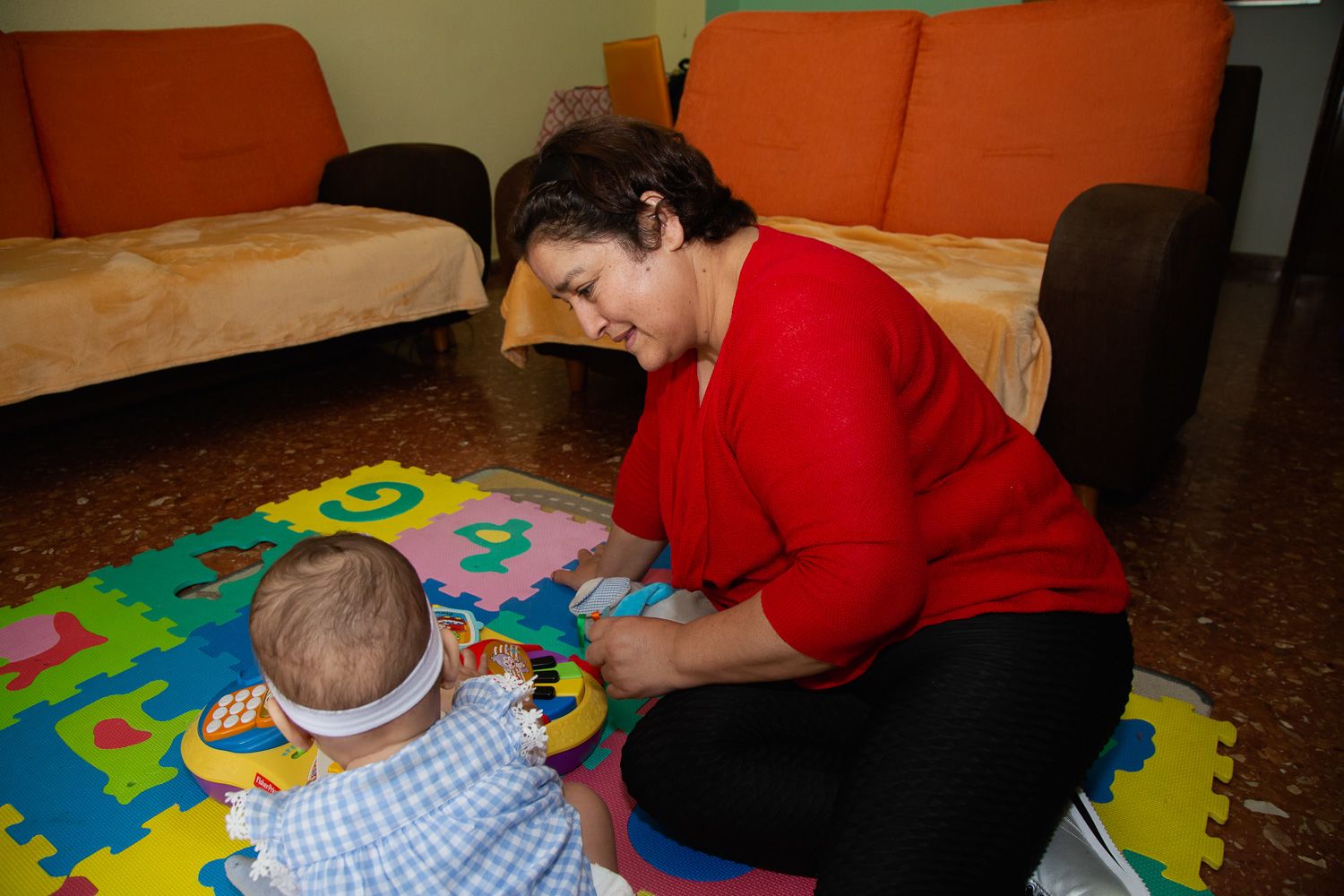
Photo: Save the Children Spain
Photo: Save the Children Spain
THE NETHERLANDS
A Save the Children Netherlands report on access to mental healthcare for children with refugee backgrounds was launched this year, with a photo exhibition by award-winning photographer Sandra Minten, and handed to the Dutch Parliament.
We joined the Ministry of Health in the Global Mental Health Forum 2023, to share lessons and best practices in MHPSS learned from other countries and programmes. Our participation in this event went against tradition and was a milestone in this process.
We also gave our annual TeamUp update to the Ministry of Health, Ministry of Education and Ministry of Justice, advocating for more resources for MHPSS in the refugee shelter system, and newcomer education system, as well as better accessibility of youth care for children with a refugee background.
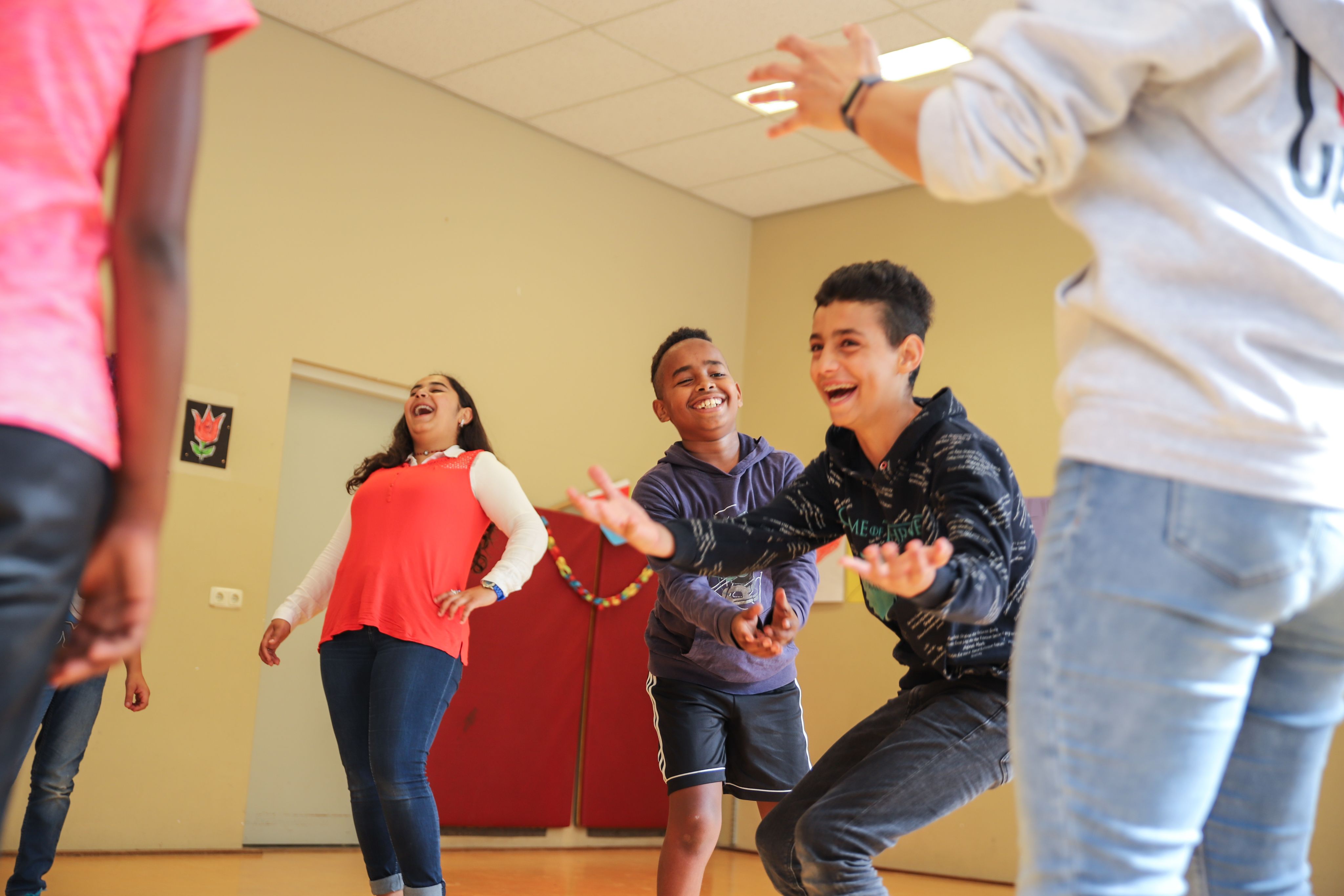
Photo: Save the Children Netherlands
Photo: Save the Children Netherlands
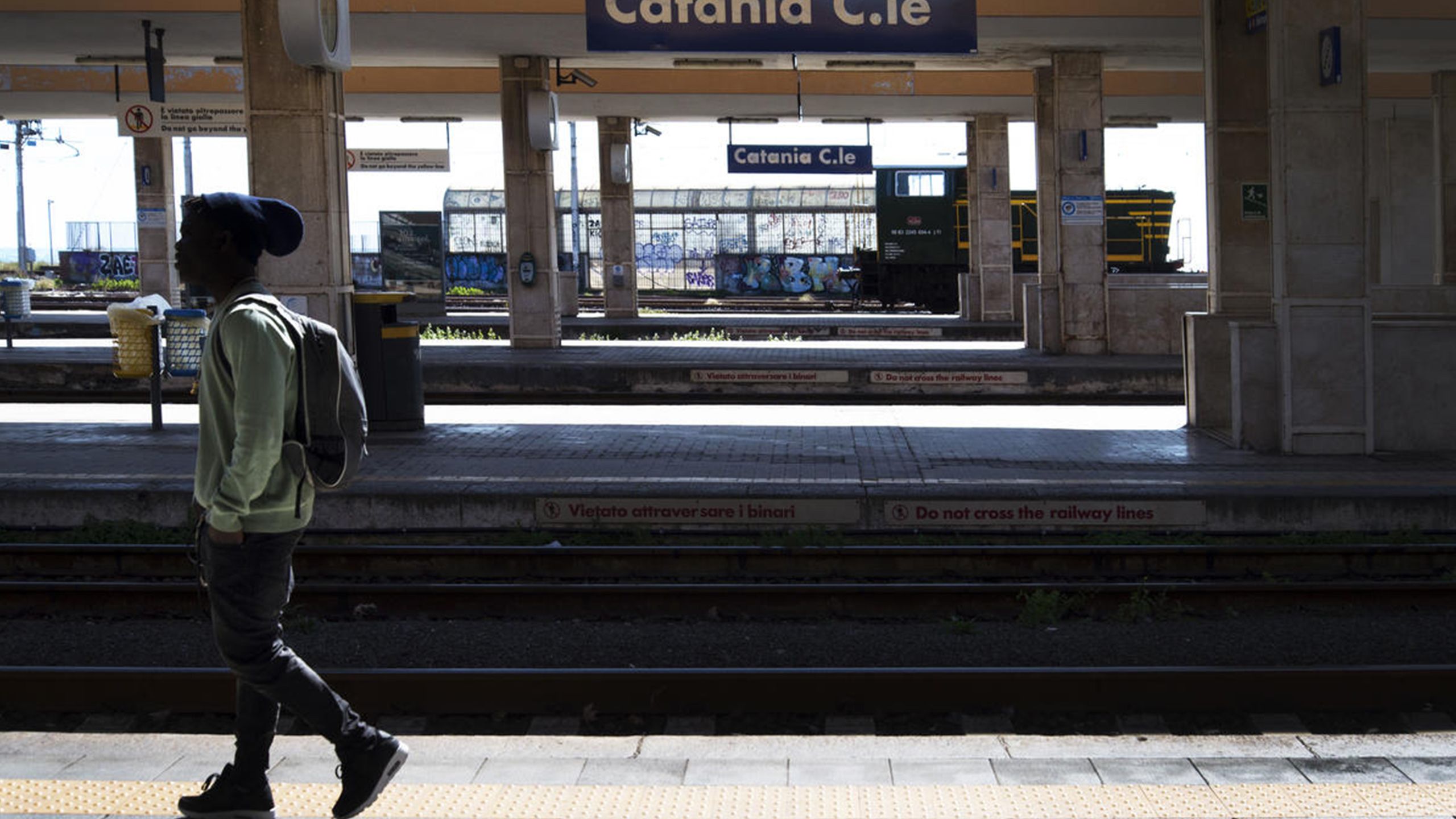
Programming
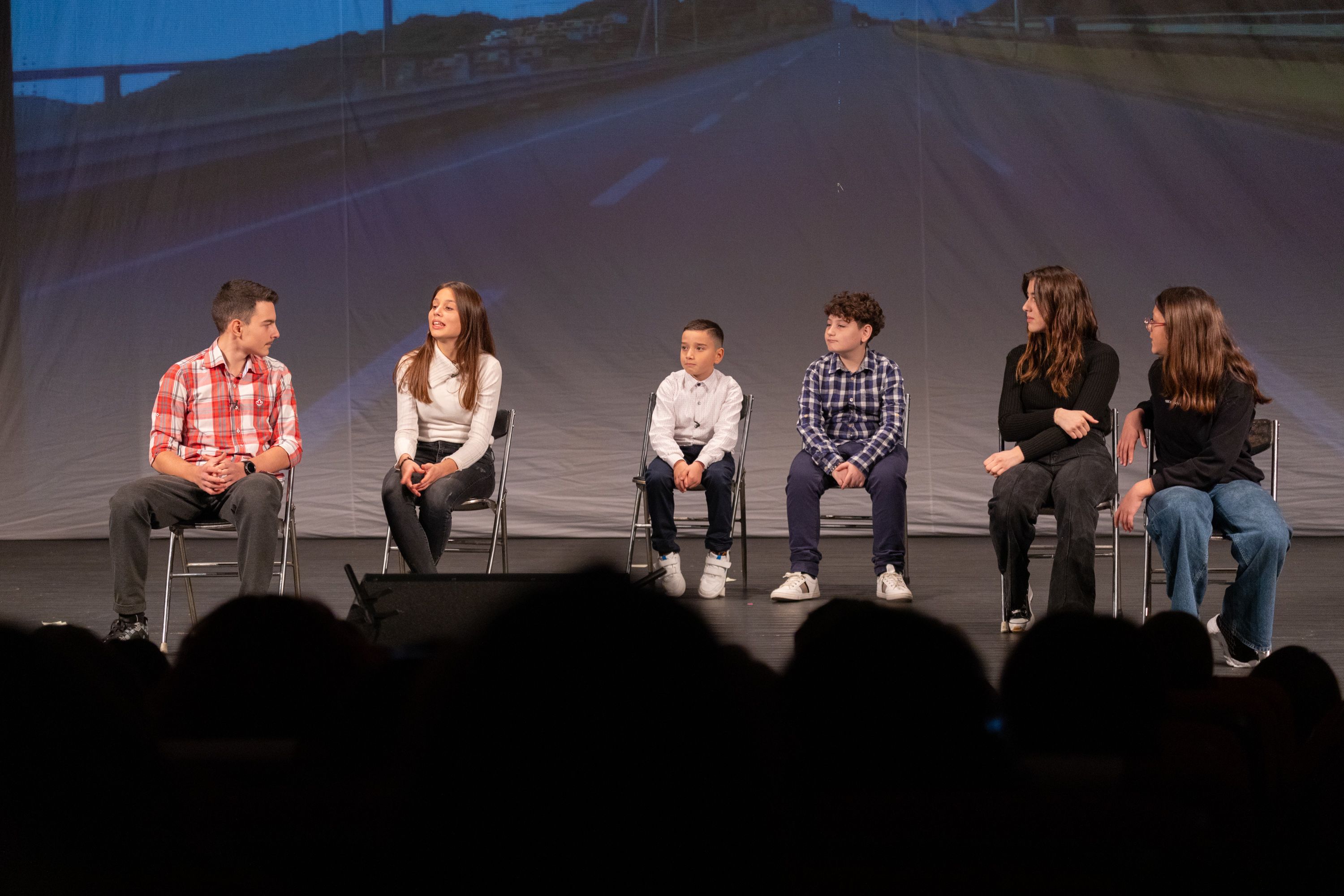
Photo: Save the Children Albania
Photo: Save the Children Albania
Albania
Child protection projects include: ‘Strengthened systems, protected children’, ‘HEART’, ‘Contrasting material and educational poverty for minors made vulnerable’, ‘Child Sexual Abuse Prevention and Education’ and ‘Child poverty, health and nutrition’.
'Strengthened systems, protected children' aims to get national and local institutions to adopt child-centered policies and practices to strengthen social systems and prevent and respond to child protection issues through family- and community-based approaches.
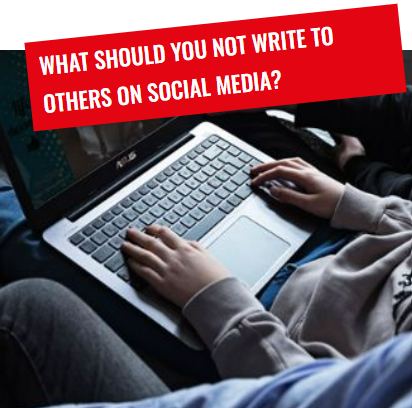
Photo: Save the Children Denmark
Photo: Save the Children Denmark
Denmark
Child protection work includes: child protection helplines ('ReportIt', 'DeleteIt' and 'CTRL'), and education and training activities in child protection, including online and digital training ('Safe on the Net', 'DeleteIt Narratives', 'Digital First Aid').
'ReportIt' is a hotline where citizens can anonymously report child abuse materials seen on the internet. Save the Children Denmark works with authorities to investigate complaints and remove materials. DeleteIt is a counselling service where children, parents and professionals can seek advice if they have experienced digital sexual violations. CTRL is an online site where youth experiencing sexual thoughts towards children can find information on treatment with the aim of preventing sexual assaults against children.
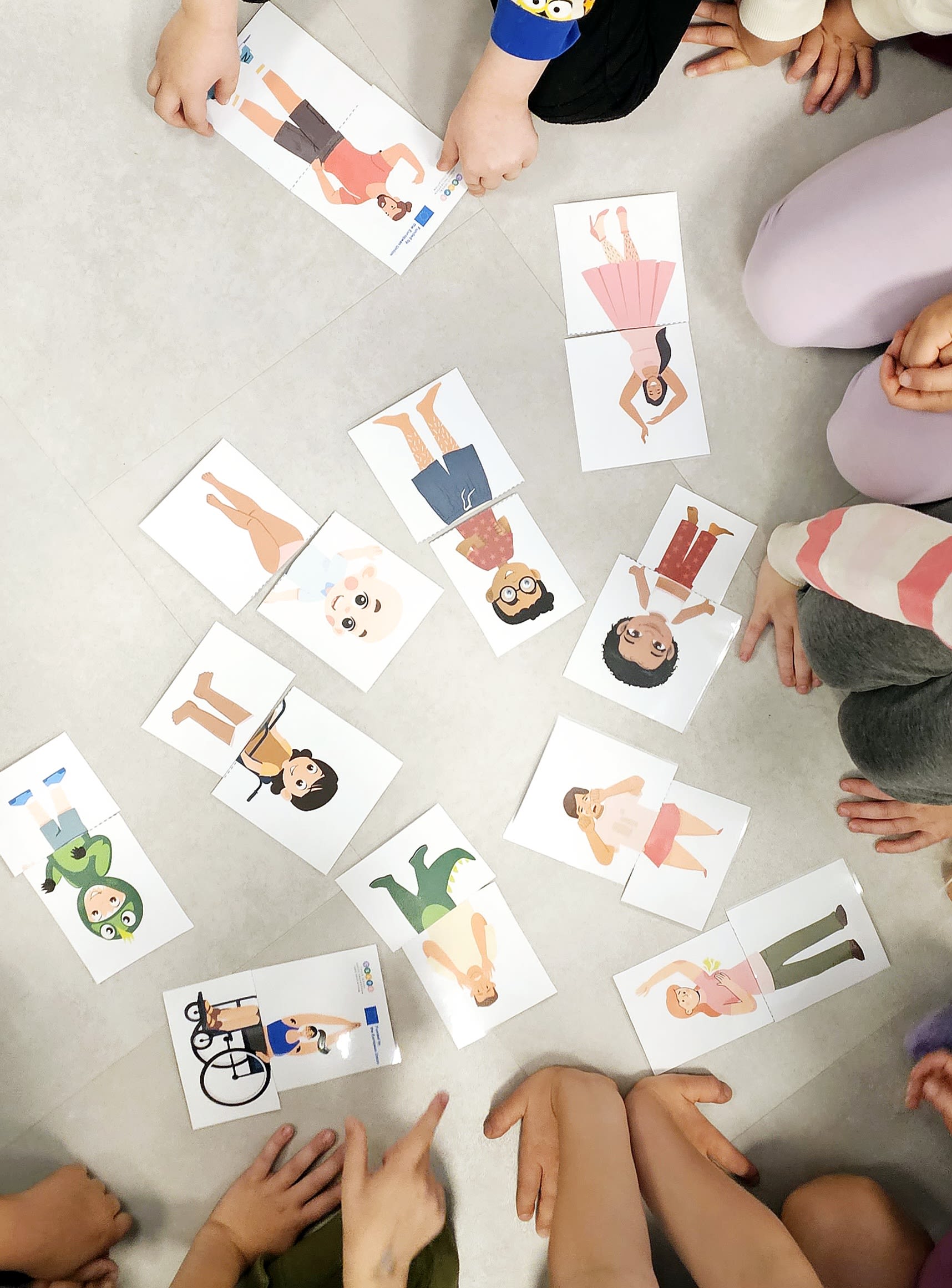
Photo: Save the Children Finland
Photo: Save the Children Finland
Finland
Child protection projects include: ‘CSAPE – Child Sexual Abuse Prevention’, ‘The child protection and Finnish Hotline’, ‘Digital Youth Club Netari’, ‘Digital citizenship’, ‘Kippari methodology’ and ‘Resilienssi and Radical Web”.
'CSAPE' is implemented in collaboration with 5 European countries: Iceland (Barnaheill – Save the Children Island), Albania (Save the Children Albania), Bosnia-Herzegovina (Save the Children International, implementing department Save the Children North Western Balkan), and Greece (KMOP, Social Action and Innovation Centre). The project aims to ensure children have the skills and knowledge to express their own sexuality, age appropriately and safely, and protect themselves from child sexual abuse.
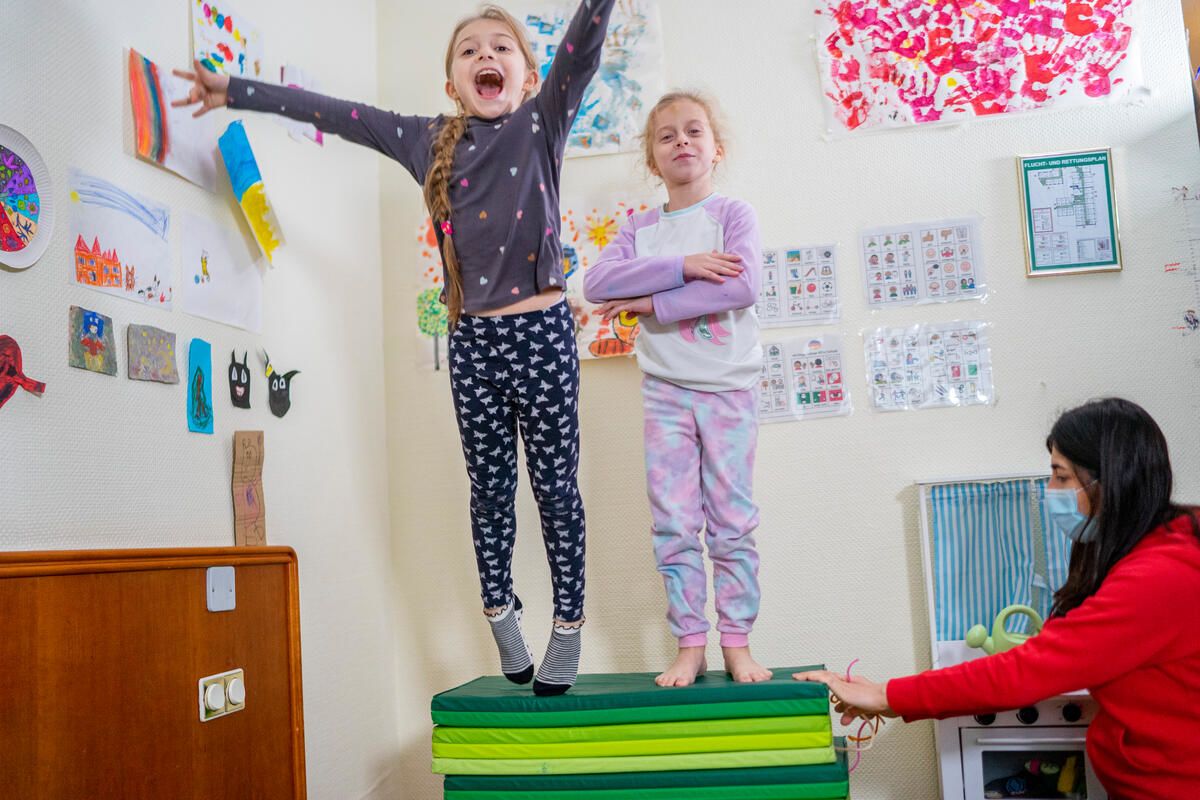
Photo: Mauro Bedoni / Save the Children
Photo: Mauro Bedoni / Save the Children
Germany
Child protection projects include: 'Listen Up! – Child-friendly complaints mechanisms for children in refugee accommodation centres’ and 'ASAP! Activating Schools for All-encompassing Child Protection'.
'ASAP!' equips schools to play a more active role in the child protection system. 27 schools are supported to build their capacity to support and protect children at risk of violence.
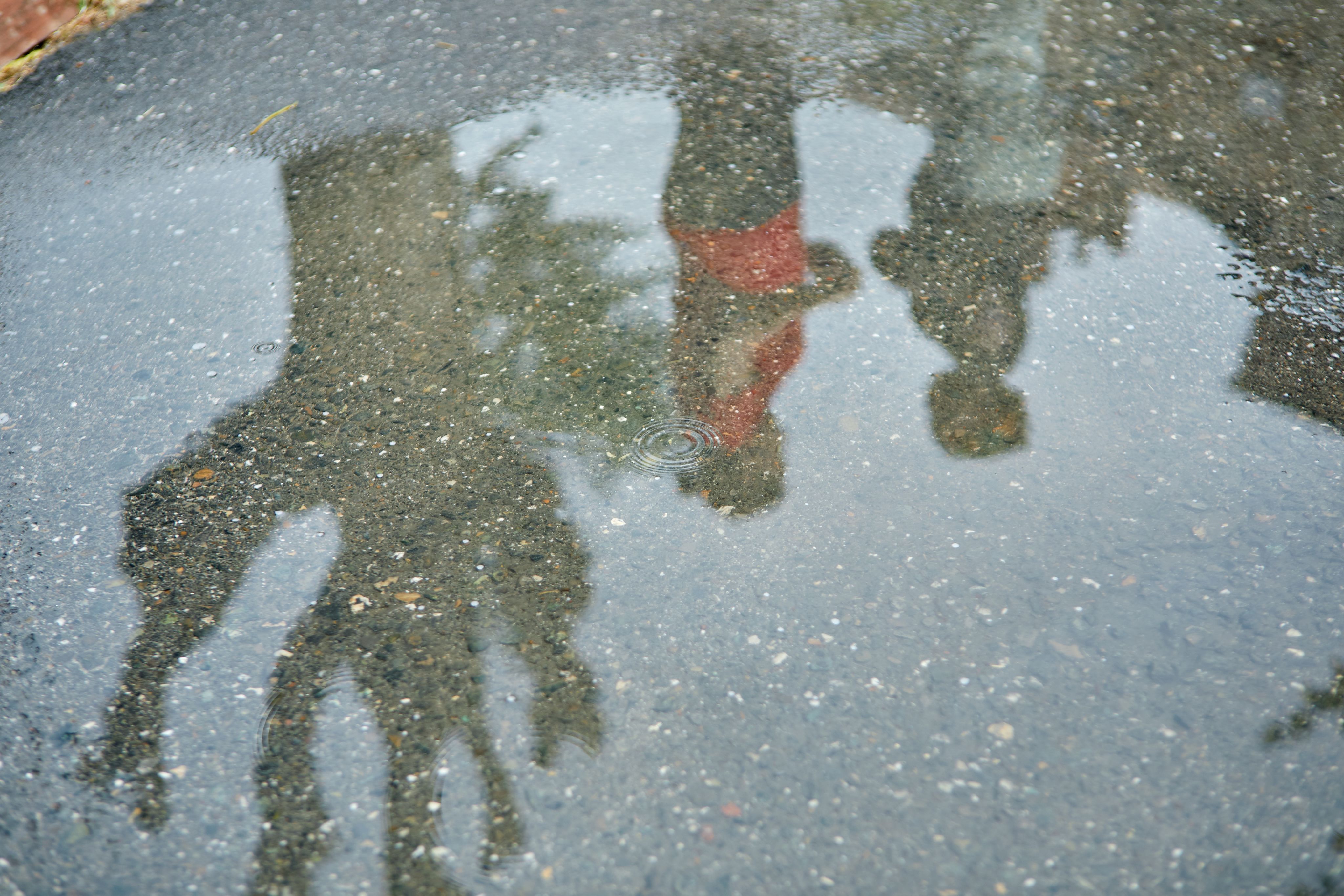
Photo: Gianfranco Ferraro / Save the Children
Photo: Gianfranco Ferraro / Save the Children
Iceland
Child protection projects include: ‘Guardians of Children’, and ‘Vinatta’, which trains teachers and other practitioners to better prevent bullying among children.
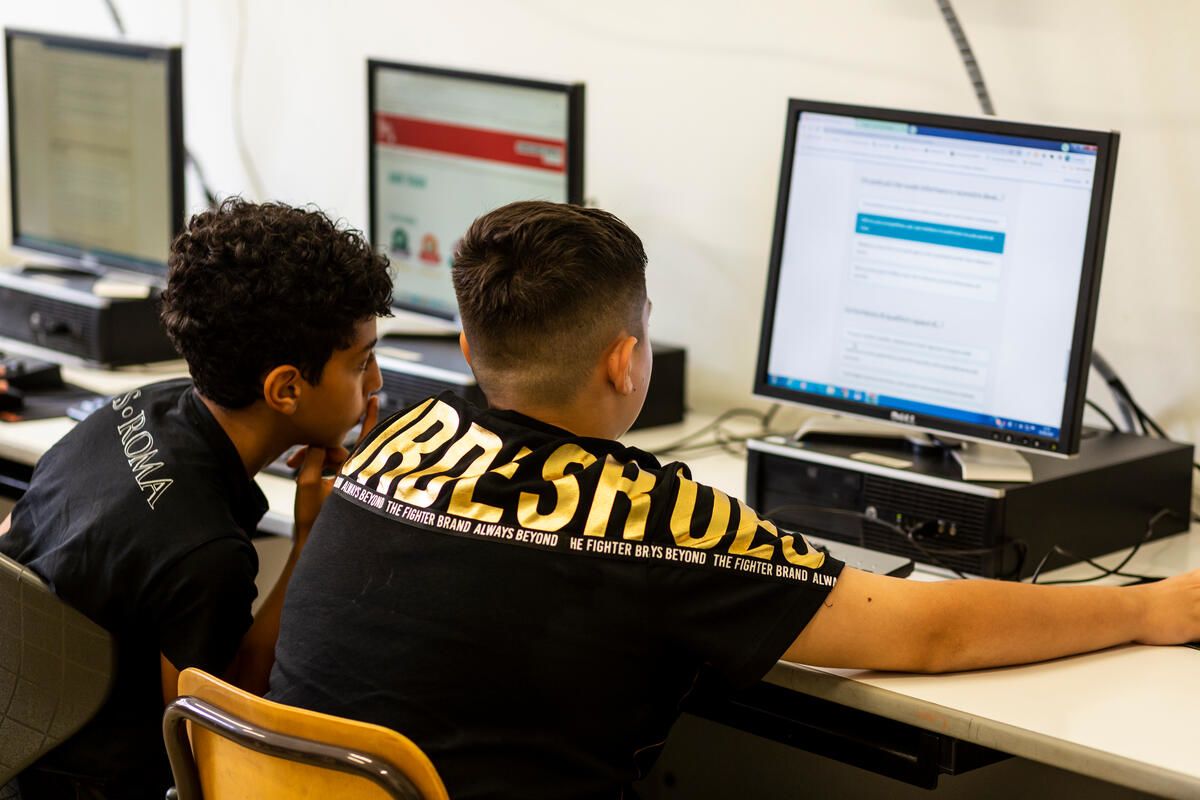
Photo: Save the Children Italy
Photo: Save the Children Italy
Italy
Protection projects include: ‘Support to victims of trafficking – New Routes’, ‘EVA – Early identification and protection of victims of trafficking in border areas’, ‘Safer communities’, ‘DIG4FUTURE – Digital competencies, inclusion and growth for future generations’, ‘Digital Connections’, ‘Safer Internet Centre’, and ‘Wellness workshops'.
The 'Safer internet centre' provides information and support to children and young people, parents, teachers and educators who deal with technology-related problems, and raises awareness of responsibilities in navigating digital environments.
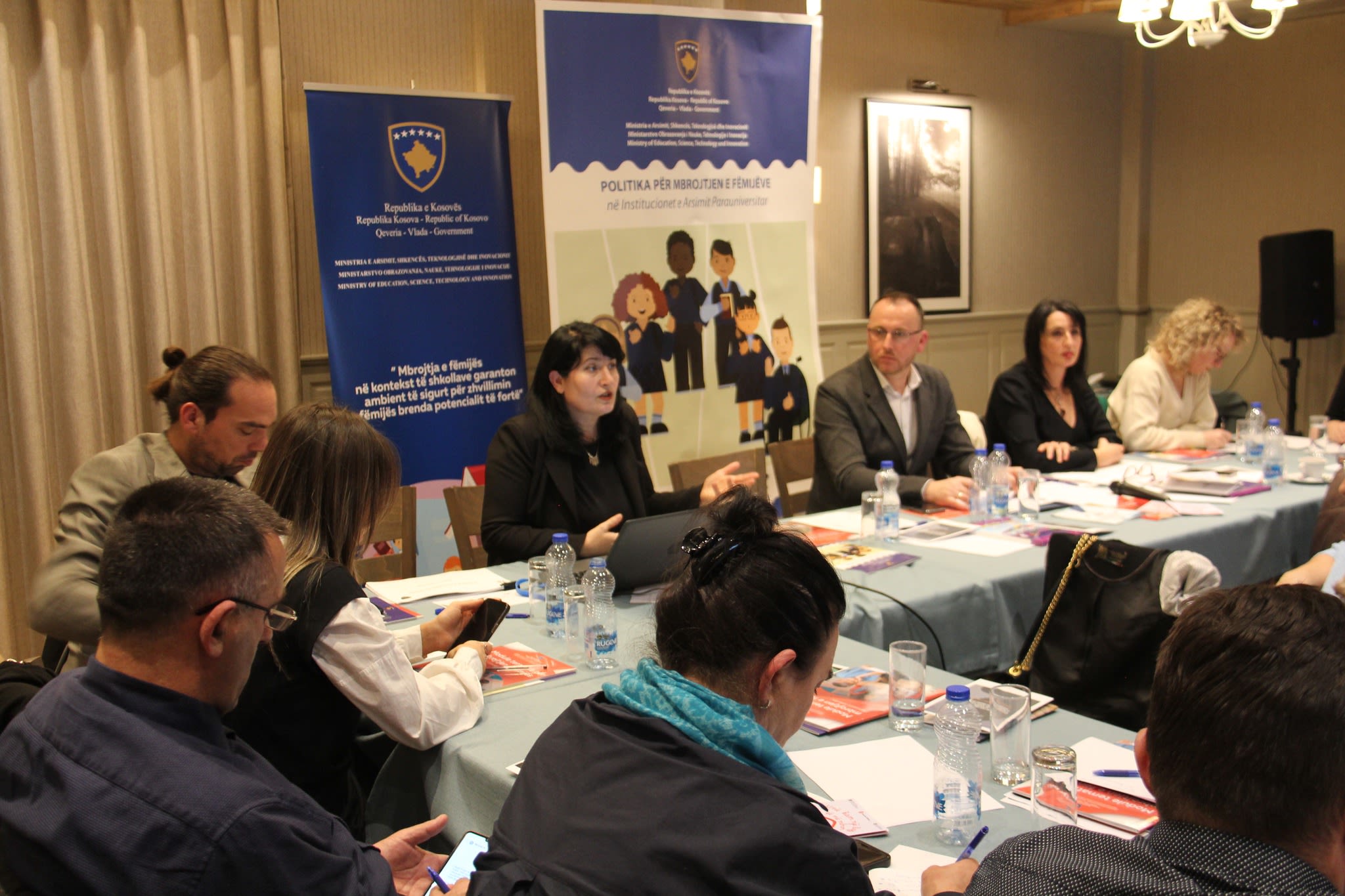
Photo: Save the Children Kosovo
Photo: Save the Children Kosovo
Kosovo
Protection projects include: ‘Social Services Phase II’ and ‘SIDA – Civil Society Organisations’.
'Social Services Phase II' aims to strengthen NGO social services, providing quality services to more girls, boys, women and men living in vulnerable situations, such as poverty, gender or domestic violence or trafficking, and disability.
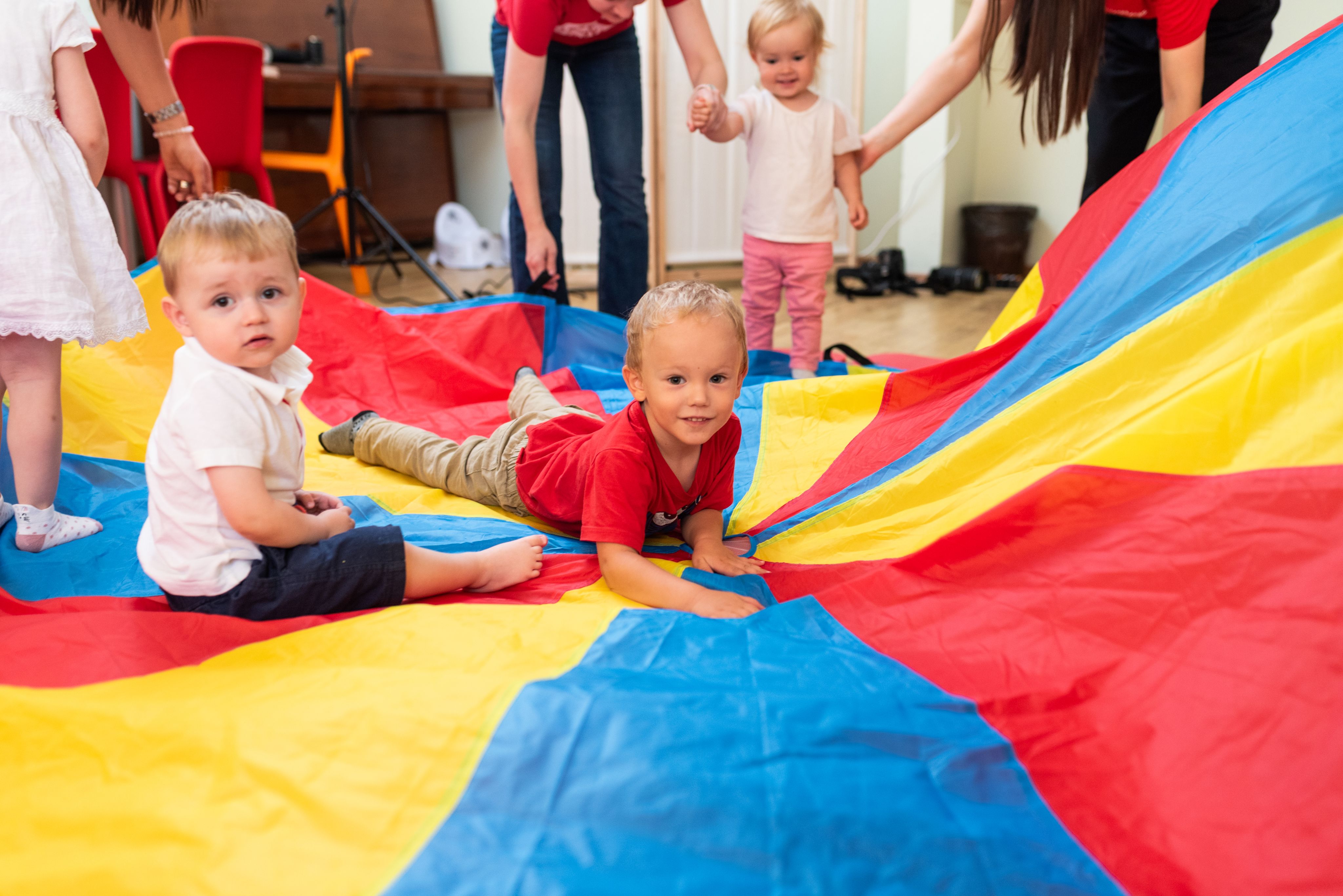
Photo: Save the Children Lithuania
Photo: Save the Children Lithuania
Lithuania
Protection projects include: ‘Positive Discipline in Everyday Parenting’, ‘Safe families’, providing municipal level case management for families facing child protection issues, providing psychosocial support for pre-school and school aged children by using the ‘HEART – Healing and Education through the Arts’ methodology, ‘TeamUP’ and ‘MHPSS Home Kits’.
'Positive Discipline in Everyday Parenting' is a programme that informs and teaches parents of different literacy and social skills how to raise children with positive methods.
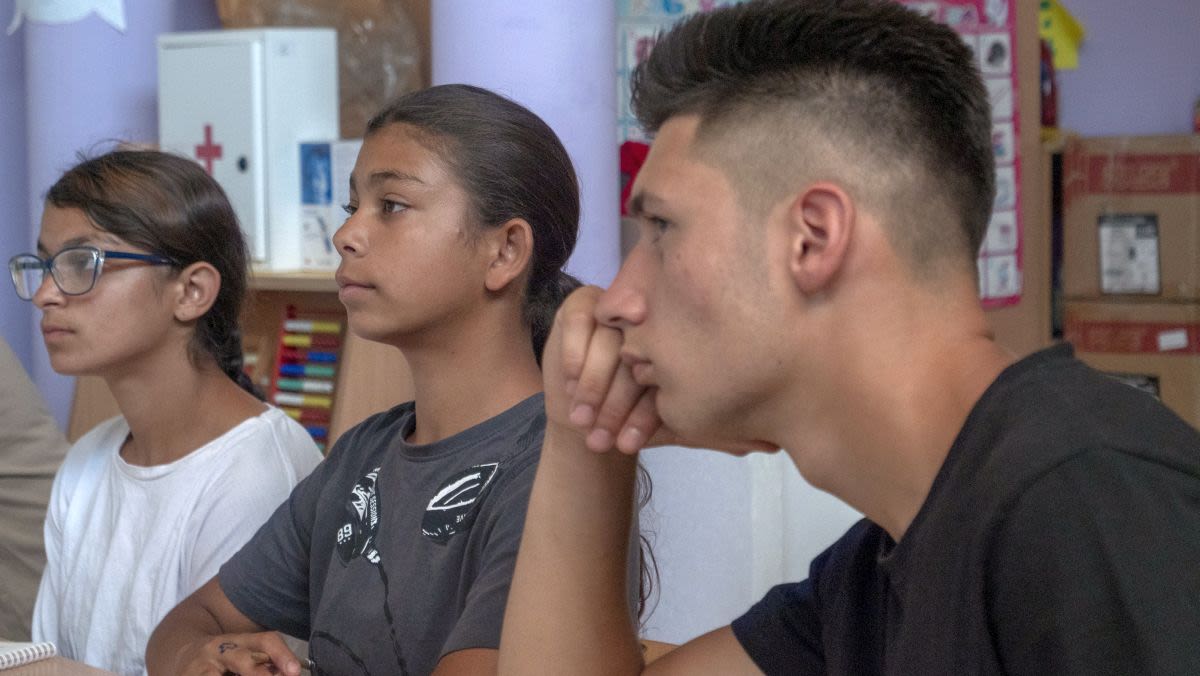
Photo: Save the Children North-West Balkans
Photo: Save the Children North-West Balkans
North-West Balkans
Protection projects include: ‘CSAPE – Child Sexual Abuse Prevention and Education’, ‘ENVISON’, ‘Anticipatory and preparedness actions and Ukraine Regional Response’ and ‘HEART’.
The 3rd phase of the 'ENVISION' project aims to solidify the position of drop in centres in their communities by continued provision of quality services to street involved and at risk children and their families.
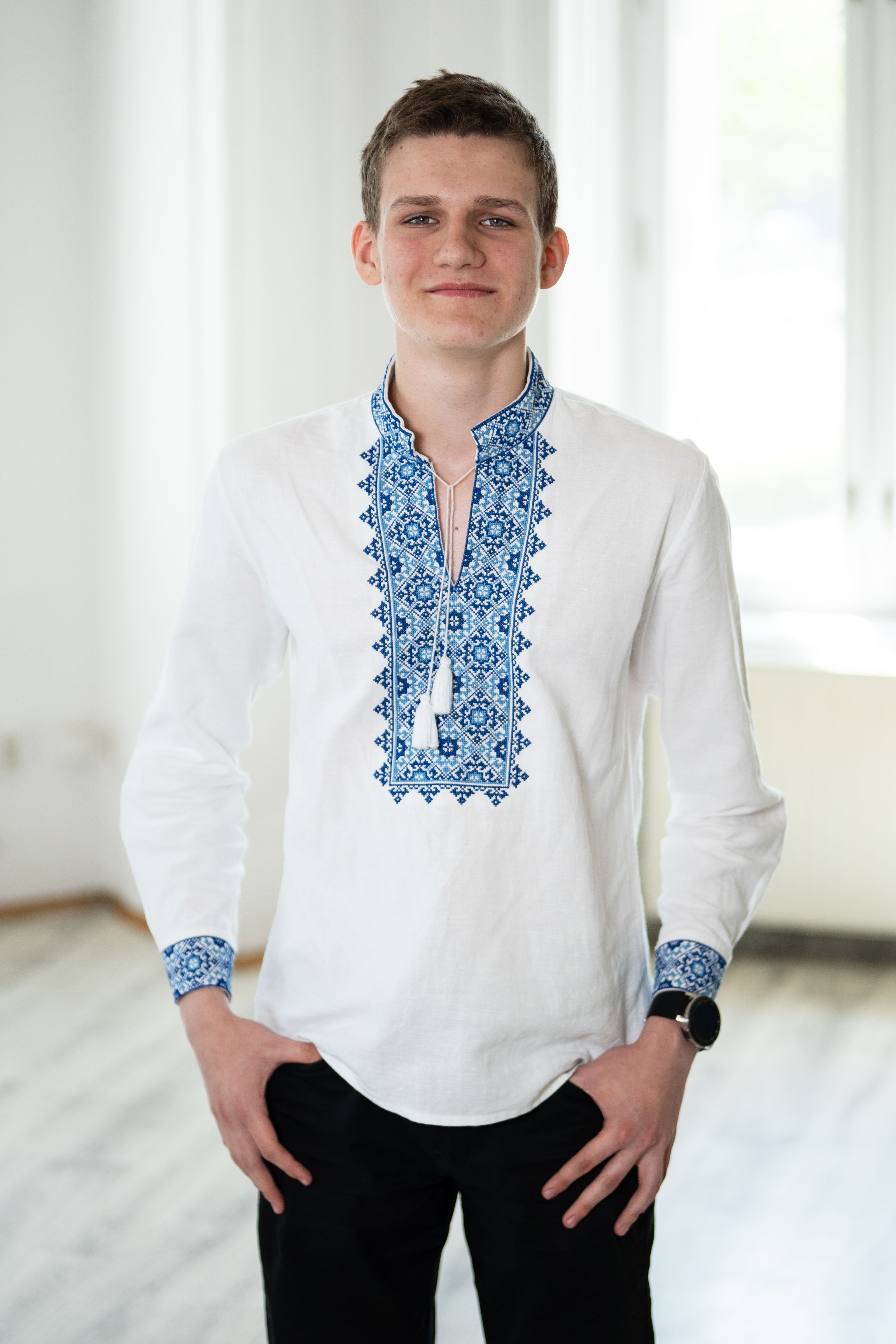
Photo: Save the Children Poland
Photo: Save the Children Poland
Poland
Protection projects include: ‘Support for children from Ukrainian institutional care: trained care-givers, education opportunities and MHPSS’, ‘Safe Childhood – Empowering Children Foundation’, ‘Mobile case management’, ‘Library for all’, ‘Ukrainian school – SzkoUA’ and ‘Education for Ukrainian Children – Unbreakable Ukraine’.
'Safe Childhood – Empowering Children Foundation' supports Polish child protection authorities and civil society to strengthen and extend their services to meet the increased needs of vulnerable children and families affected by the war in Ukraine.
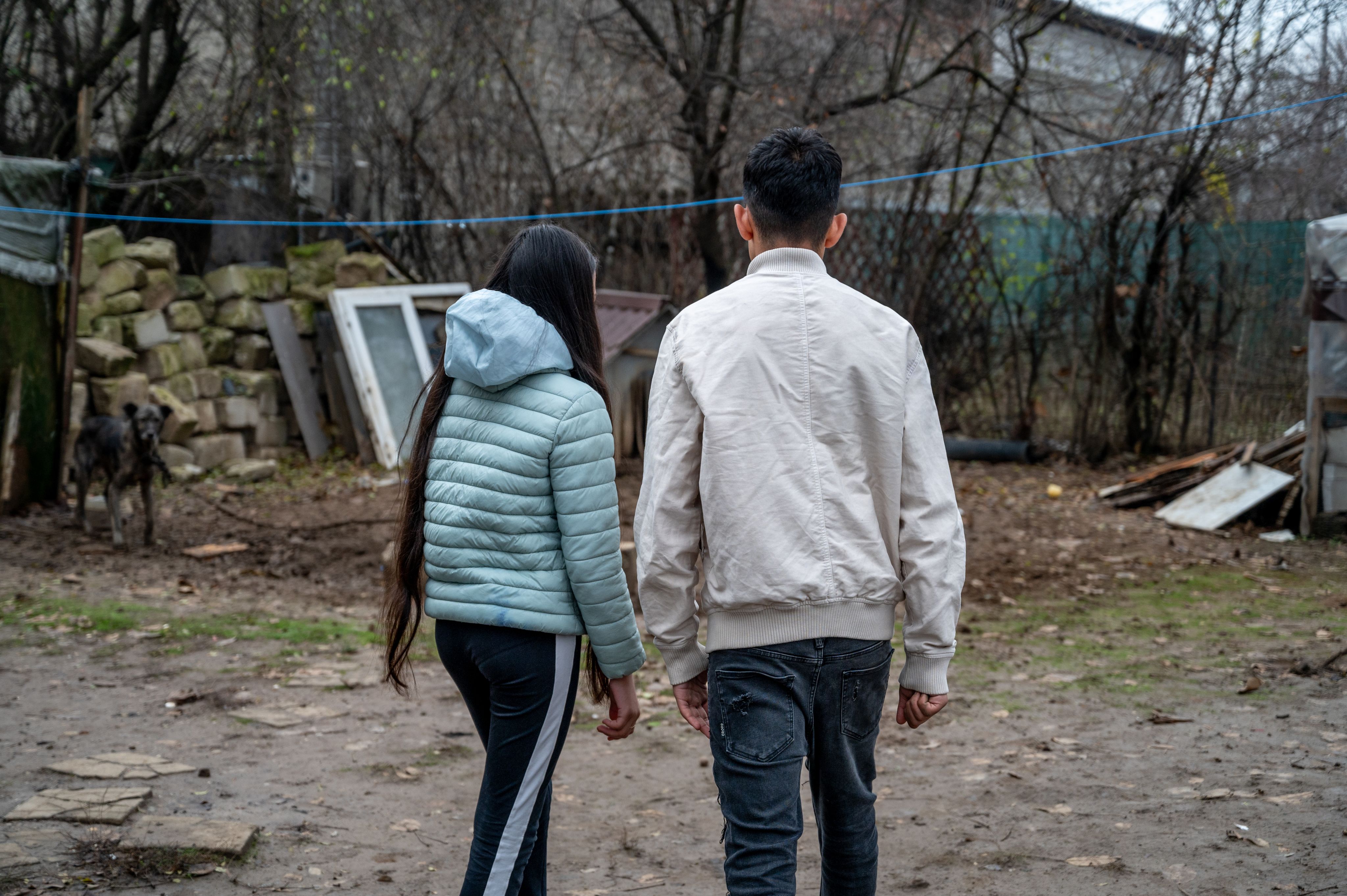
Photo: Save the Children Romania
Photo: Save the Children Romania
Romania
Protection projects include: ‘Protection of children against violence’, ‘Protection of sexually abused children’, ‘Improving school climate and preventing bullying’, ‘Children’s online safety’, ‘Protection of children at risk and victims of human trafficking’, ‘Protection of children left home alone (with parents working abroad)’, ‘Equipping healthcare facilities – maternity clinics and paediatric wards – reducing infant mortality, ‘Integrated community services and outreach activities in maternity clinics’ and ‘Ophthalmic check-ups for children’.
'Protection of children left home alone (with parents working abroad)' provides psychological and social counselling, educational support, material support, and by recreational activities. Summer schools combine remedial education with leisure, delivering practical and creative scientific activities and traditional crafting for children.
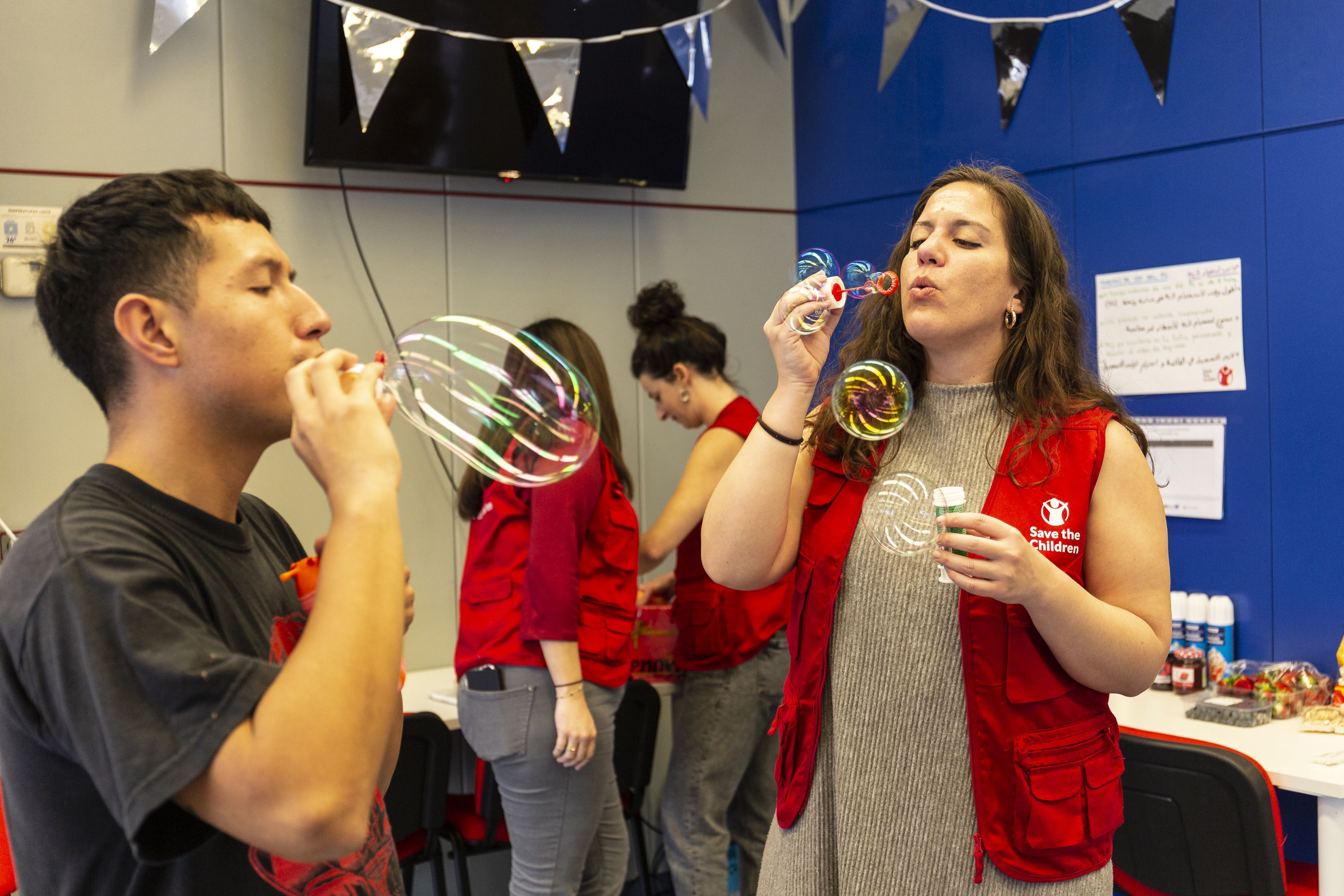
Photo: Save the Children Spain
Photo: Save the Children Spain
Spain
Protection projects include: ‘EVA – Early identification and protection of Victims of trafficking in border Areas’, ‘Arteterapia’, ‘Buho’, ‘Safe, protective and caring environments’, ‘Helpline and With you Chat’, ‘Connected’, ‘Super Girls’, ‘Sustainable development goals – children’s rights and gender’, ‘Personal and family psychotherapeutic care’, ‘Training in mental health, prevention and noticing violence’ and ‘Psychosocial care for migrant children and adolescents’.
'Buho' aims to mitigate and reduce the trauma that situations of violence cause in children and young people, through adequate detection, assessment and specialised clinical care.
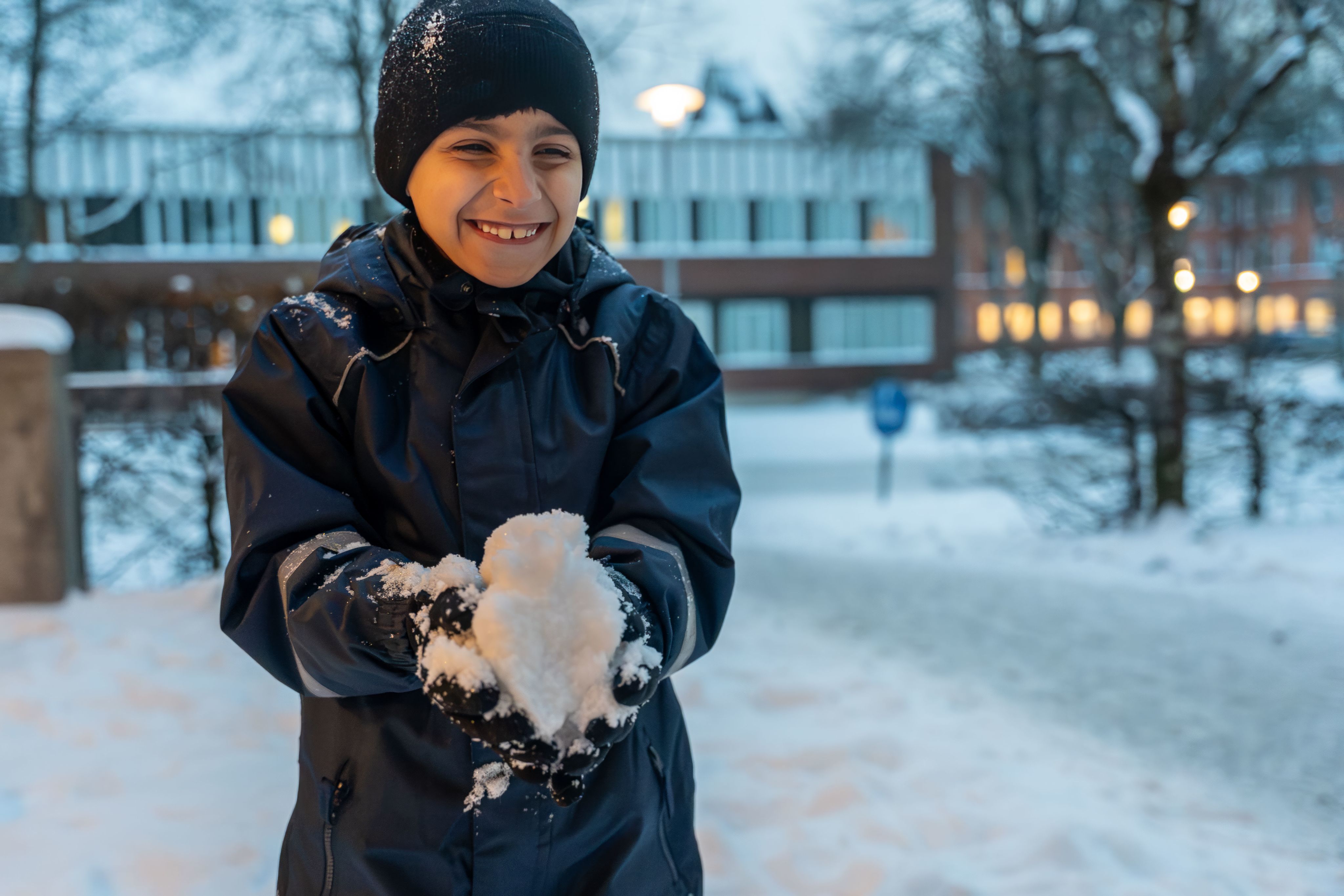
Photo: Save the Children Sweden
Photo: Save the Children Spain
Sweden
Protection projects include: ‘AI Dream Project’, ‘Min Framtid (my future)’, ‘Unite Ukraine’, ‘Journeys’ and ‘Free’.
Within ‘Free’ project, Save the Children Sweden and youth organisation Fryshuset have developed methodological support and training for primary school staff, and expanded their work with parents' and young people's perceptions and experiences of honour-related violence and hatred. In Sweden, 70,000 16–25-year-olds have felt restricted in their choice of life partner. Many more experience other life restrictions, and it’s estimated that around 240,000 young people are affected by honour-related violence and hatred.
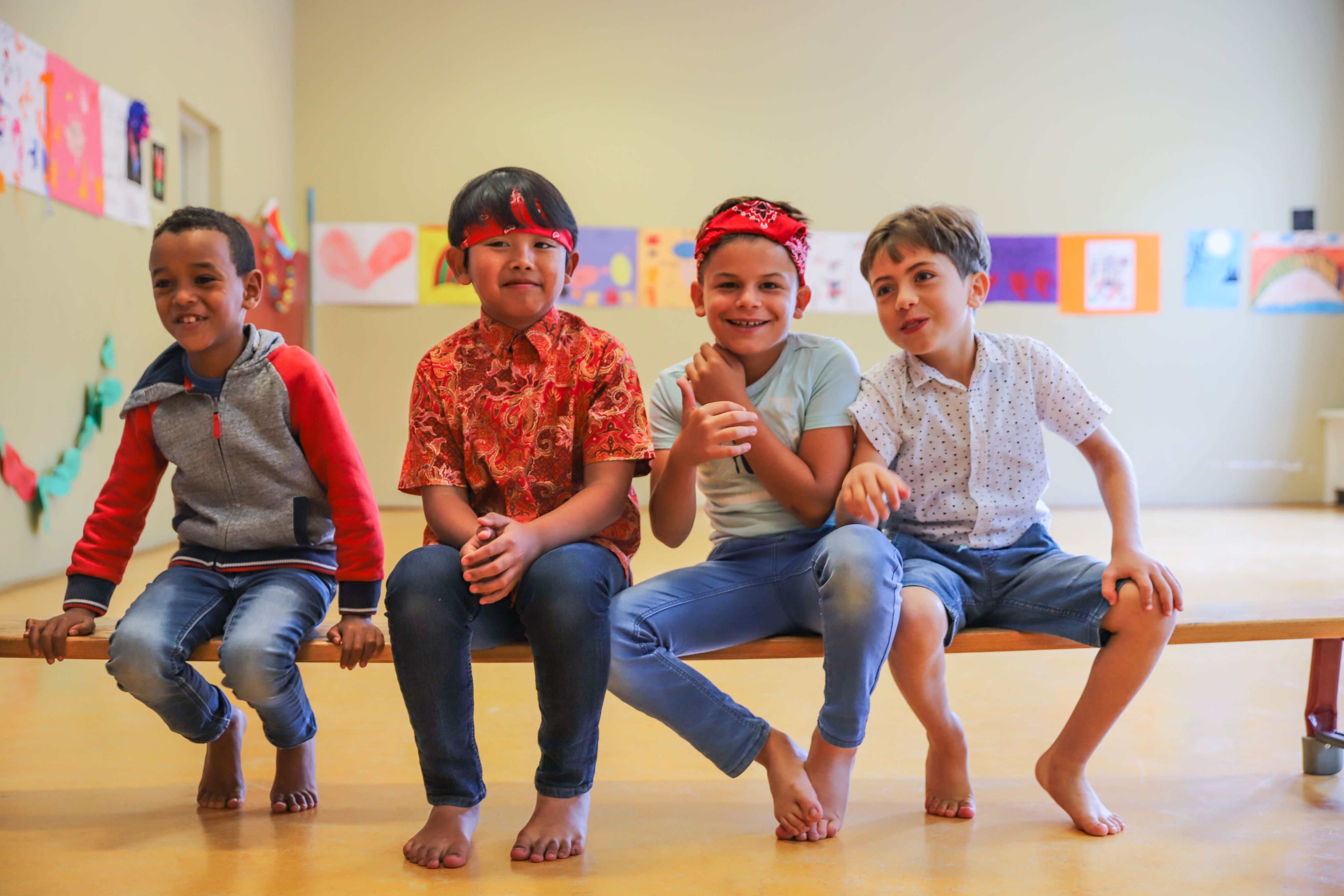
Photo: Save the Children Netherlands
Photo: Save the Children Netherlands
The Netherlands
‘TeamUp at School’ and ‘TeamUp at Asylum Centres’ both focus on mental health and psychosocial services.
'TeamUp at School' strengthens psychosocial wellbeing through movement-based activities. During sessions, children learn to deal with their feelings and build useful social and emotional life skills. A mainly non-verbal approach, TeamUp allows children to participate from their first day at school, regardless of their background and the language they speak.
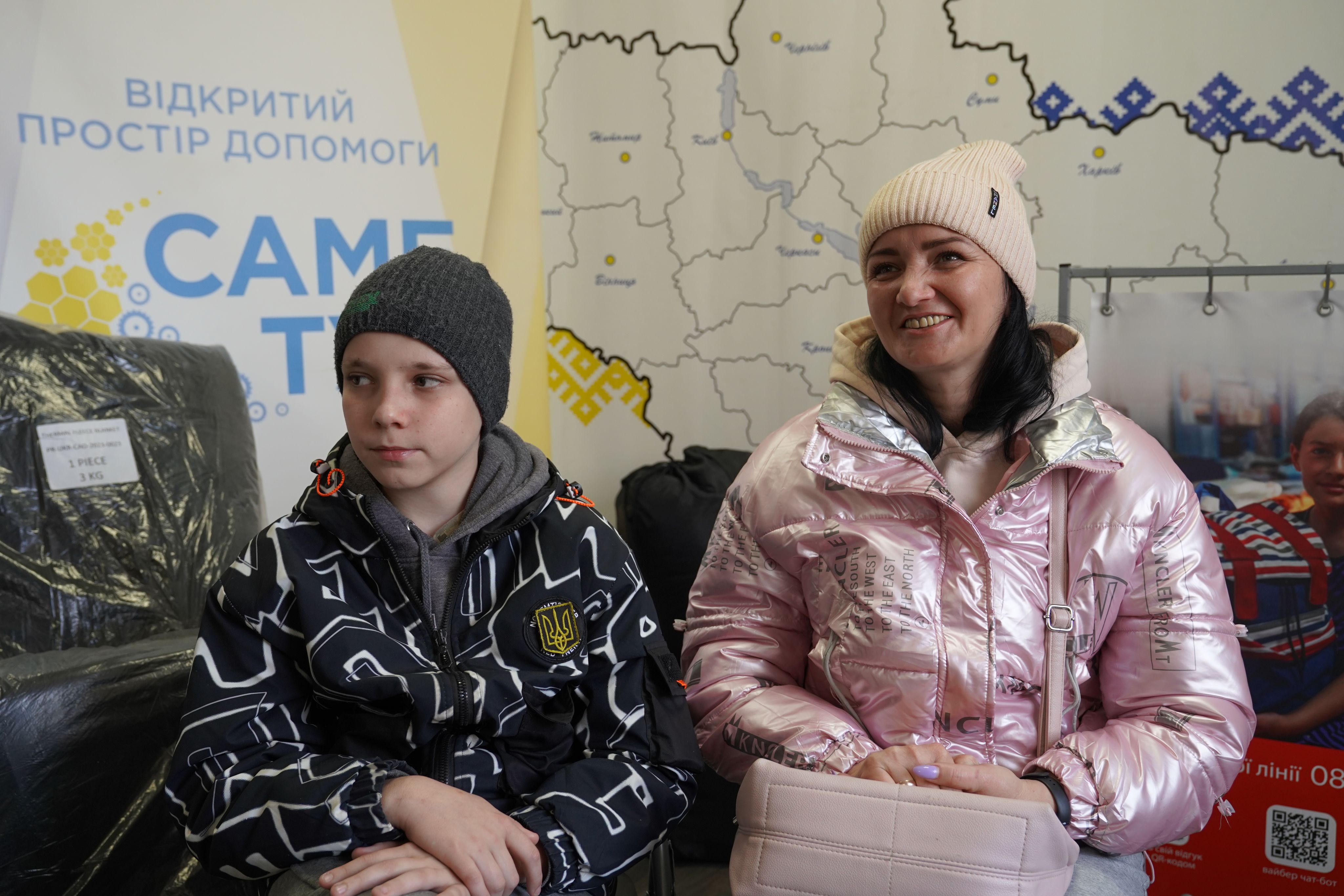
Photo: Anastasiia Zahoskina / Save the Children
Photo: Anastasiia Zahoskina / Save the Children
Ukraine
The Ukraine Protection Consortium – Protecting lives with Integrated Multisector Assistance (UPC) was implemented in consortium with the Danish Refugee Council, Right to Protection, HIAS, UK-Med, and local partners, from June 2022 to August 2023. UPC partners worked to deliver immediate multisector assistance to 858,406 conflict-affected and displaced people, including addressing critical protection risks.
